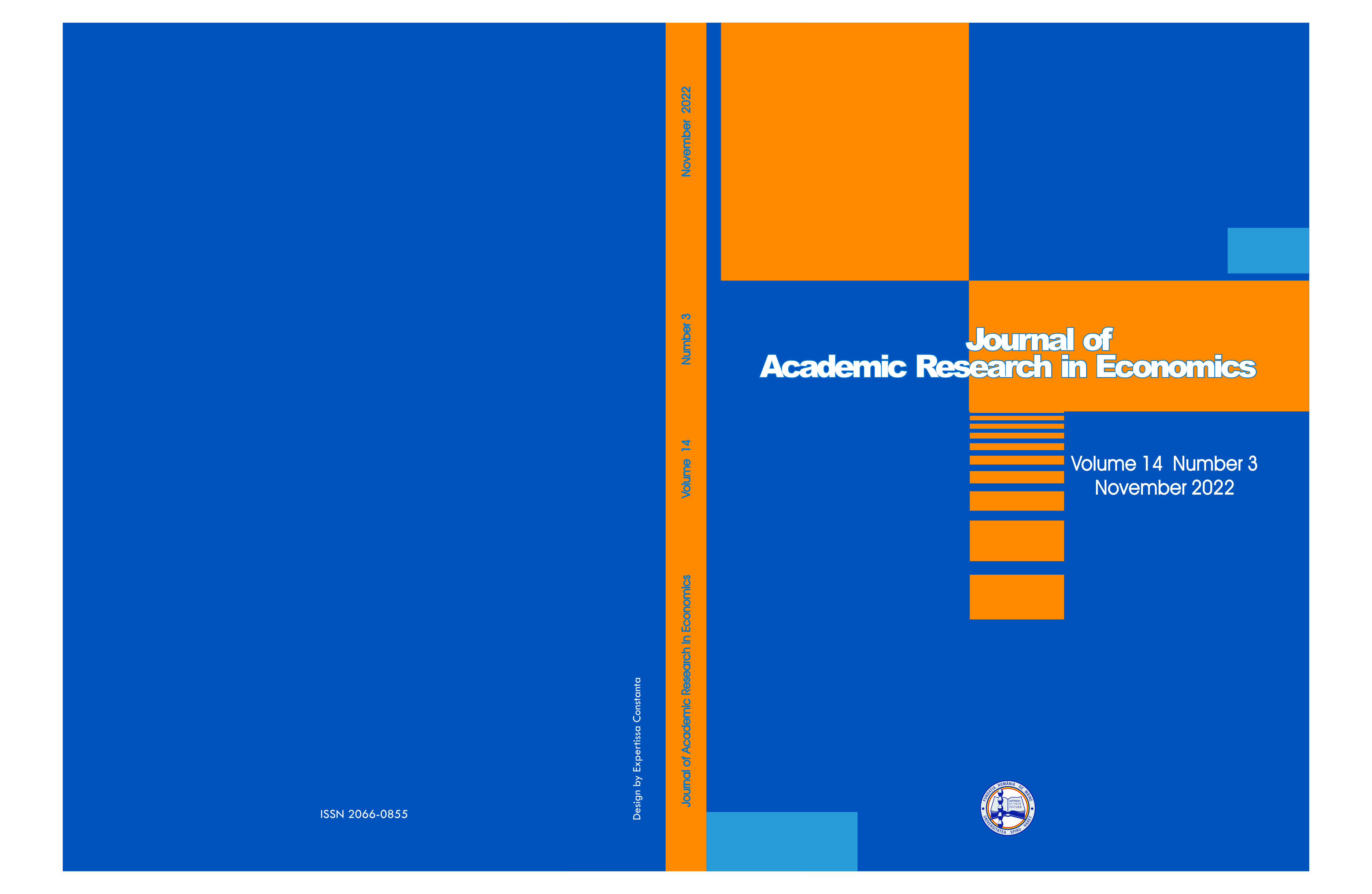FINANCIAL SECTOR DEVELOPMENT AND INDUSTRIAL PERFORMANCE IN NIGERIA: AN EMPIRICAL INVESTIGATION
FINANCIAL SECTOR DEVELOPMENT AND INDUSTRIAL PERFORMANCE IN NIGERIA: AN EMPIRICAL INVESTIGATION
Author(s): Wahid Damilola Olanipekun, Emmanuel Oloke, Lateef Taiwo, Timothy Ayomitunde AderemiSubject(s): Business Economy / Management, Economic history, Developing nations, Transformation Period (1990 - 2010), Present Times (2010 - today), Financial Markets
Published by: Universitatea SPIRU HARET - Faculty of Accounting and Financial Management
Keywords: Financial Sector; M3; Interest Rate; Exchange Rate and Credit;
Summary/Abstract: Financial development is one of the most important prerequisites for rapid and sustained industrial. Against this backdrop, this study utilized the techniques of Fully Modified Ordinary Least Squares and Granger causality to appraise the relationship between financial sector development and industrial performance in Nigeria between 1990 and 2019. The findings that came up in the study are presented as follow; out of the three principal variables used to proxy financial sector development in this study, two of them- M3 and interest rate have both direct and significant interlink with industrial performance in Nigeria. As such the study concludes that financial development contributes to a positive and significant industrial performance in Nigeria. The findings from direction of causality show that a unidirectional feedback relationship flows from industrial performance to interest rate in one hand and one way feedback relationship flows from total credit to private to broad money supply on the other hand. In view of these findings, this study recommends the following for the policymakers in Nigeria, and by extension policymakers in Africa that whenever these policymakers desire to achieve industrial development, policy that will drive the development of financial sector should be embarked upon. In addition, the Nigerian monetary authorities should ensure that adequate credit is disbursed to private sector in order to drive better industrial performance in the country.
Journal: Journal of Academic Research in Economics (JARE)
- Issue Year: 14/2022
- Issue No: 3
- Page Range: 475-486
- Page Count: 12
- Language: English
- Content File-PDF

